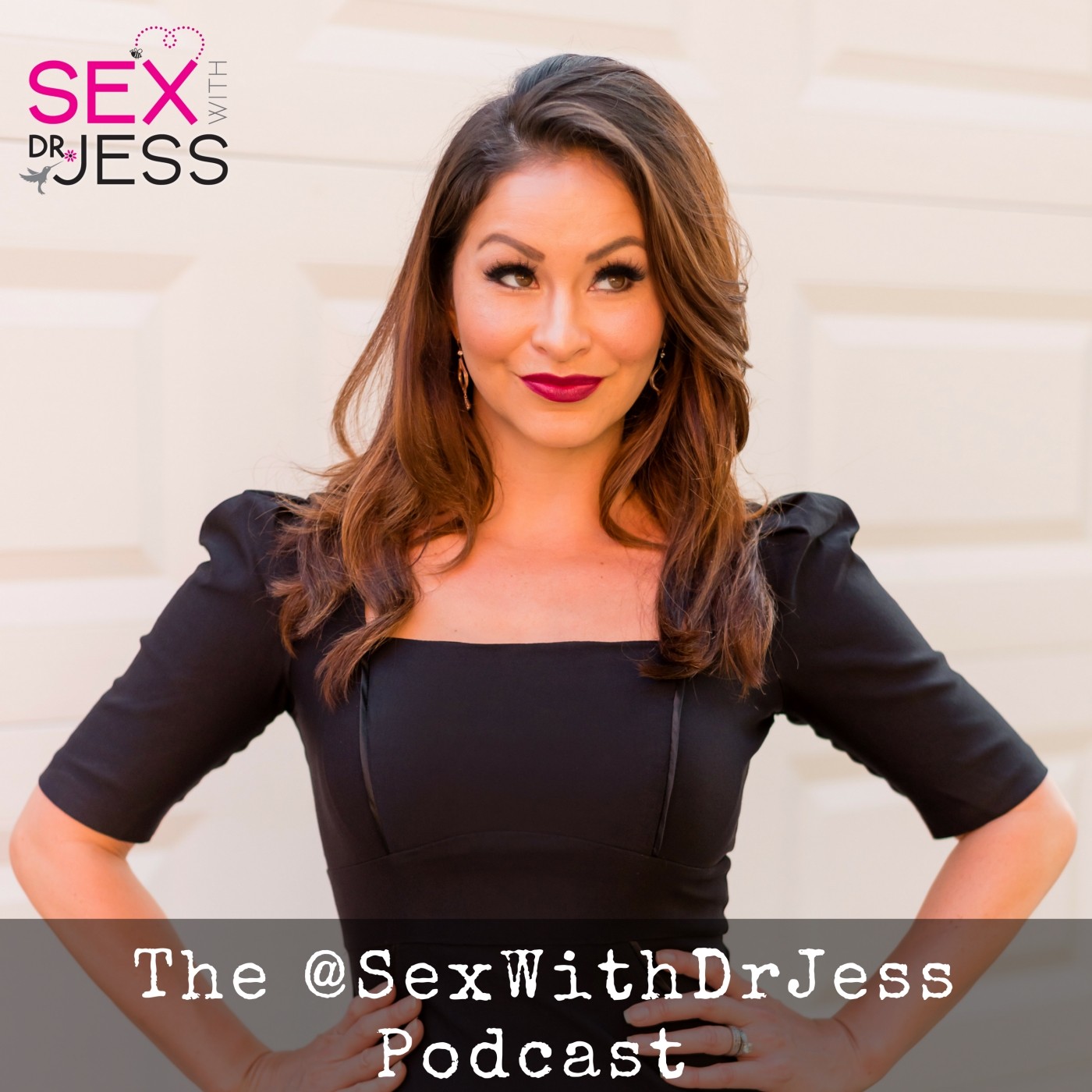4 Types of Couples — Which One Are You?
Description
4 Types of Couples – Which One Are You?
Thank you for reading and listening to our podcast (from us – Dr. Jess and B)! We truly appreciate your time and support. If you’re in the mood to shop for vibrating toys, please consider visiting our affiliate partners and use our discount code DRJESSVIP to save when checking out! We appreciate you.
Code DRJESSVIP

THANK YOU! 💜 (for real)
Code: DRJESSVIP-Save $ + Support Us!
No pressure — but if you’re shopping, use our code DRJESSVIP for exclusive savings and a little support for us, too. Win-Win!
This is an affiliate link. We may earn a commission. Thank you!
TL;DR – 4 Types of Couples
We explore a study identifying 4 types of dating couples — helping you better understand your relationship dynamics, commitment levels, and satisfaction.
Key elements of commitment:
Emotional attachment
Intention to continue the relationship
Influenced by satisfaction, shared investments, and social networks
The 4 Couple Types:
Dramatic Couples
Emotional rollercoasters
High reactivity to conflict
Tend to socialize separately
May struggle with stability
Partner-Focused Couples
Highest long-term satisfaction
Prioritize each other’s needs
Shared decision-making and emotional investment
Socially Involved Couples
Thrive on shared social circles
Friends’ support boosts relationship quality
Strong network = stronger bond
Conflict-Ridden Couples
High conflict, high passion
Cycles of fighting and making up
Intensity may mask deeper instability
Pleasure tools for connection:
We-Vibe Melt – for a warm, suction-based melt-away feeling
We-Vibe Tango – tiny but mighty with precision pulses
Magic Wand – a full-body classic with rumbling power
Use code DRJESSVIP at checkout to save!
Explore further:
How to Stop Bickering: 12 Strategies
Managing Burnout in Relationships
Mind-Blowing Oral: Clit Edition
Subscribe to the Sex With Dr. Jess Podcast and newsletter for more insights, tools, and pleasure-based education.
4 Types of Couples: Understanding Your Relationship Dynamics
Have you ever wondered what drives commitment in a dating relationship? In this episode of the Sex with Dr. Jess Podcast, Brandon and I dive into a fascinating study that identifies four distinct types of dating couples. By understanding whether you and your partner are “dramatic,” “partner-focused,” “socially involved,” or “conflict-ridden,” you can gain insight into how satisfaction, investments, and social networks influence your bond.
Before we get into the transcript, let’s explore key research findings that can help you see where your relationship fits—and perhaps discover ways to enhance communication, deepen commitment, or even steer clear of patterns that aren’t working.
What Is Commitment, Really?
Commitment in relationships often hinges on two main components:
- Attachment (emotional bond)
- Intention to continue the relationship
Researchers have shown that these factors are influenced by relationship satisfaction, investments (time, energy, shared goals), and the presence—or absence—of appealing alternatives. For dating couples in their mid-20s, believing that the relationship has a future plays a massive role in both quality and stability. As one study noted, “Commitment in relationships is usually centered around two things. The attachment and the intention to continue the relationship”.
The Four Relationship “Onions”
1. Dramatic Couples
These pairs experience frequent ups and downs. Their commitment tends to swing dramatically, often in response to negative events or thoughts about the relationship. They may spend significant time with separate friend groups and pursue individual interests. If you find yourself regularly riding an emotional rollercoaster, you might be a dramatic couple—and recognizing this can help you break cycles of instability.
2. Partner-Focused Couples
With the highest likelihood of staying together and feeling content long term, partner-focused couples prioritize each other’s needs. Shared decision-making, mutual consideration, and a strong focus on your partner’s well-being characterize this group. Even if you don’t rely heavily on a shared social circle, putting each other first cements a deeper, more stable bond.
3. Socially Involved Couples
These couples derive a lot of support and closeness from shared friend groups. When your mutual friends root for your relationship, it strengthens both your satisfaction and commitment. Just as importantly, you can lean on your social network when challenges arise. If your relationship thrives when your friends are involved—and you feel closer when loved ones approve—you’re likely socially involved.
If conflict feels overwhelming, don’t miss our guide on How to Stop Bickering: 12 Strategies.





